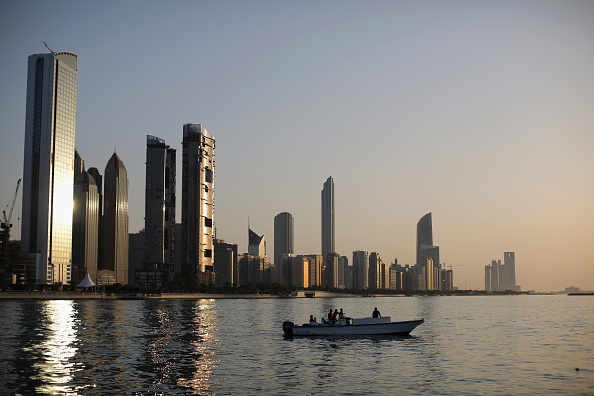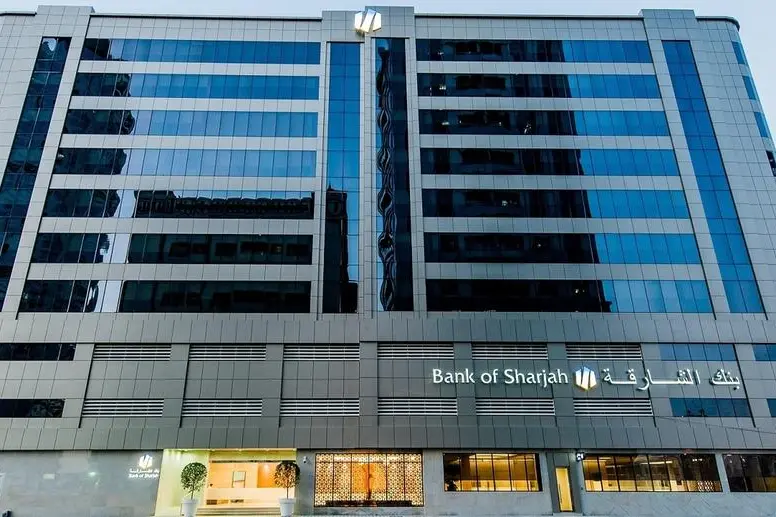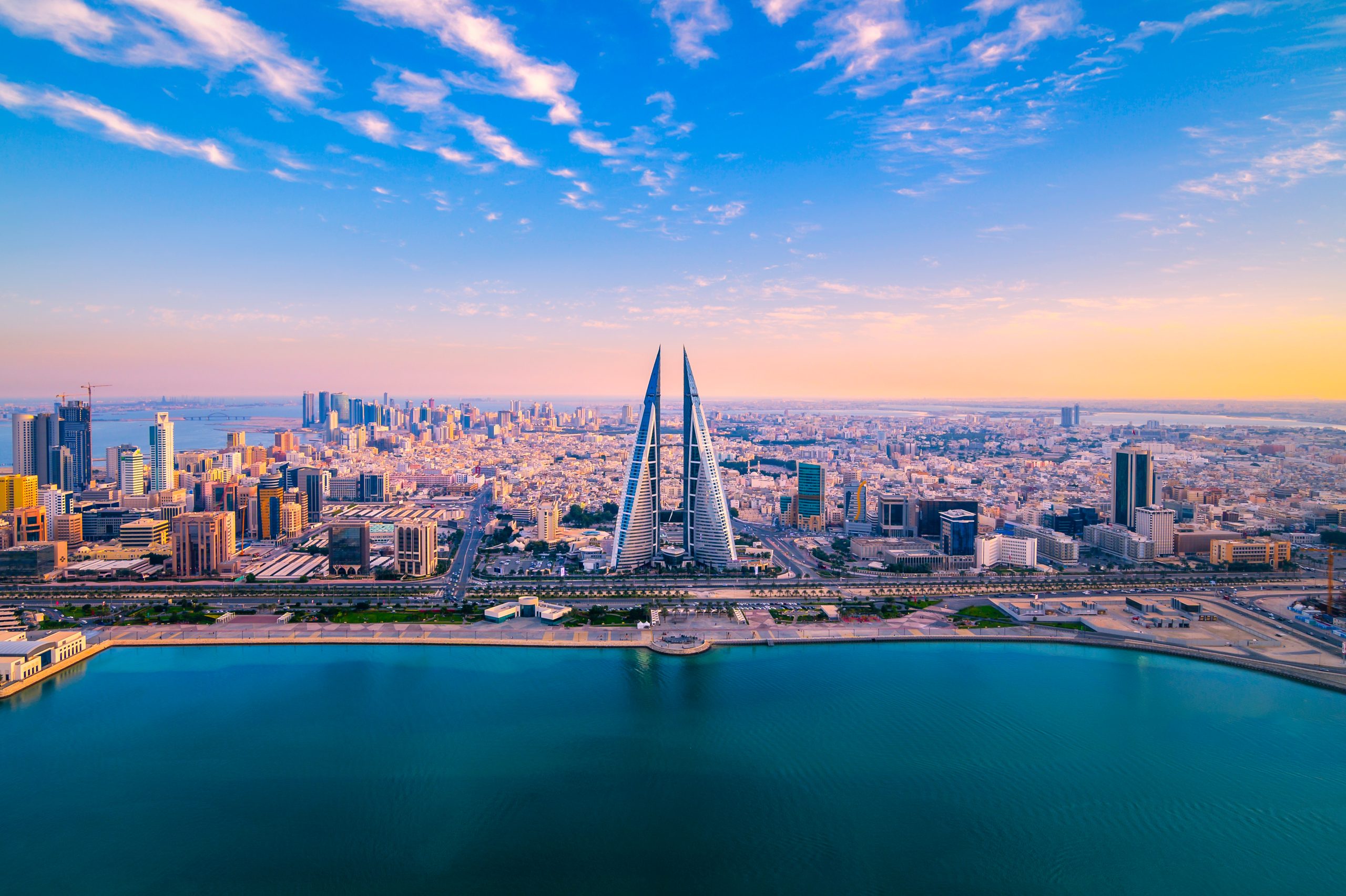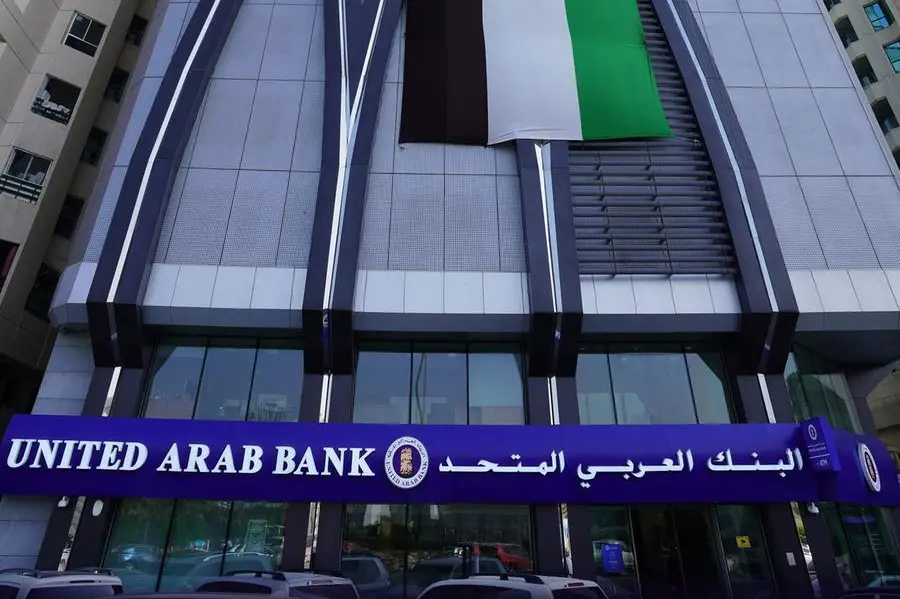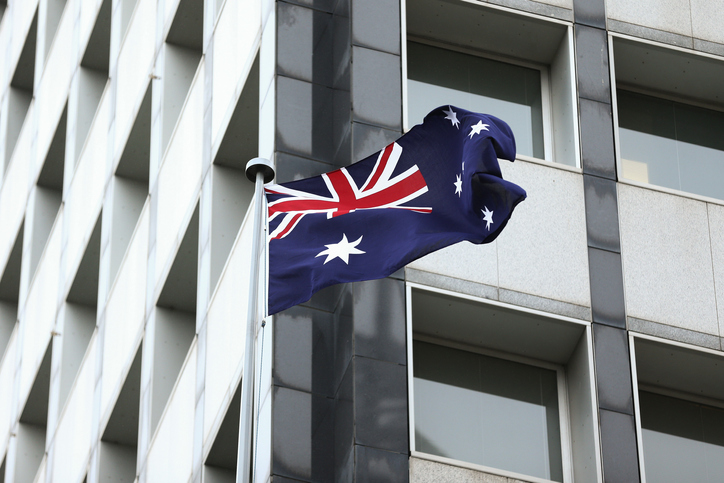THE MIDDLE EAST BECOMES THE WORLD’S ATM
Flush with cash from an energy boom, Saudi Arabia and other Gulf monarchies have a moment on the world’s financial stage
Five years ago, Saudi officials watched a wave of American finance executives pull out of a free investment confab in Riyadh after the murder of a dissident journalist made the kingdom a toxic place to do business.
This year, the conference, nicknamed “Davos in the Desert,” is expecting so much demand it is charging executives $15,000 a person.
Middle East monarchies eager for global influence are having a moment on the world’s financial stage. They are flush with cash from an energy boom at the very time traditional Western financiers—hampered by rising interest rates—have retreated from deal making and private investing.
The region’s sovereign-wealth funds have become the en vogue ATM for private equity, venture capital and real-estate funds struggling to raise money elsewhere.
The market for marquee mergers and acquisitions has seen a surge of interest from the region. Recently announced deals include an Abu Dhabi fund’s purchase of investment manager Fortress for more than $2 billion and a Saudi fund’s $700 million purchase of global lender Standard Chartered’s aviation unit.
Companies and funds overseen by Abu Dhabi’s national security adviser, Sheikh Tahnoun bin Zayed Al Nahyan, have made runs at buying Standard Chartered and investment bank Lazard. They have also struck recent deals to buy a $1.2 billion U.K. healthcare company and to take partial control of a nearly $6 billion Colombian food giant.
“Now, everybody wants to go to the Middle East—it’s like the gold rush in the U.S. once upon a time,” said Peter Jädersten, founder of fundraising advisory firm Jade Advisors. “It’s difficult to raise money everywhere.”
Fund managers visiting the region say they often wait across from rivals in waiting rooms of sovereign-wealth funds. Silicon Valley and New York managers are a near-constant presence in the white-marble floored lobby of the Four Seasons Abu Dhabi, as with other top hotels, they say.
The Riyadh conference next month—a pet project of Saudi Crown Prince Mohammed bin Salman known as the Future Investment Initiative—is expected to be a magnet for money hunters. In 2018, Wall Street executives backed out after Saudi operatives murdered journalist Jamal Khashoggi, and for years many startups and funds said they avoided investment from the country over moral concerns.
Some companies continue to steer clear of the kingdom, while human-rights groups say its record on treatment of government dissidents remains a serious problem.
But Saudi funding became more in demand last year when other money began to get tight. At last year’s conference the Public Investment Fund’s chief, Yasir Al Rumayyan, sat on a panel discussion with two of the world’s biggest investment-firm executives, Blackstone’s Stephen Schwarzman and Ray Dalio, founder of Bridgewater Associates. Top names in venture capital mixed on the floor, and FTX chief Sam Bankman Fried looked for funding.
Ben Horowitz, partner at Andreessen Horowitz, said at a PIF-sponsored conference this spring that Saudi Arabia was a “startup country,” and referred to Prince Mohammed as its “founder” who was creating a new culture and new vision for the country.
The region’s new dominance is most apparent among private funds, the type that lock up investors’ money for years. While detailed statistics are scarce, figures at two of the biggest sovereign funds suggest a surge. At Saudi’s PIF, commitments for “investment securities”—a category that includes private funds—rose to $56 billion in 2022, up from $33 billion a year earlier. Abu Dhabi’s Mubadala reported that equity commitments doubled to $18 billion in 2022.
Executives at private-equity giants TPG, KKR and Carlyle Group have told investors that interest from the Middle East remains strong while other parts of the world recede.
“If you’re in the U.S., there’s a certain degree of concern,” Carlyle CEO Harvey Schwartz said at a June conference. Middle East investors, he said, are “very front-footed, very dynamic.”
While the Middle East steps on the gas, the traditional backers of investment funds—pension plans and college endowments—are in retreat. The global shift to higher interest rates caused losses in the biggest parts of their portfolios—especially stocks and bonds.
Investors put $33 billion toward U.S.-based venture capital funds in the first half of 2023, less than half the $74 billion in the same period in 2021, according to PitchBook. Global fundraising for all private funds fell 10% last year to $1.5 trillion, according to Preqin—a decline many expect to continue.
“Fundraising has become much, much harder over the past 12 months,” said Brenda Rainey, an executive vice president at Bain & Co. who advises private-equity funds.
The reason for the region’s burst of funding and deal making is twofold.
Higher energy prices—a byproduct of Russia’s invasion of Ukraine—have given the region’s oil- and gas-dependent wealth funds tens of billions of dollars of extra money to spend. That means a drop in oil prices could quickly cause a pullback from the Gulf countries, as has happened in energy booms-turned-bust of the past.
At the same time, Saudi Prince Mohammed and top officials in the U.A.E. have jostled for greater sway on the world stage—in geopolitics, finance and sports—pumping additional money into their wealth funds to do deals and expand industry at home.
The intersection of politics and finance in the region has led Gulf wealth funds from Saudi Arabia, the U.A.E. and Qatar to be the main financial backers of two key Trump administration figures: Jared Kushner and former Treasury Secretary Steven Mnuchin, who together raised billions of dollars from the region.
Gulf funds have pushed their U.S. peers to open offices in the region to more easily win investments, fund managers say.
BlackRock has said it would create a team on the ground in Riyadh dedicated to boosting investment into infrastructure projects in the Gulf.
Millennium Management LLC, based in New York, set up an office in Dubai in 2020 and others followed, including private-equity firm CVC Capital Partners and ExodusPoint Capital Management, the largest-ever hedge-fund startup with $8 billion in initial capital. Europe’s Tikehau Capital and Ardian both established teams in Abu Dhabi, and U.S. alternative investment manager, Pretium, hired a local industry veteran from Dubai.
Dalio also set up an office in Abu Dhabi for the Dalio Family Office, his personal venture. Rajeev Misra, a longtime financier for SoftBank Group who secured over $6 billion in commitments for a new venture from multiple Abu Dhabi-aligned investment funds, is moving to the U.A.E. from the U.K., according to people familiar with his plans.
There is now an “awareness that relationships have to be built and that doesn’t happen overnight,” said Joseph Morris, a Dubai-based managing director at U.S.-based advisory firm Newmark Group.
The venture capital arm of Tiger Global has struggled to raise its latest fund, repeatedly cutting its target by billions of dollars. Stung by losses and the cooler fundraising environment, many U.S. investors have given it the cold shoulder, investors say.
One place it found success: Saudi Arabia. A division of PIF, Sanabil, this spring added Tiger’s name to the public list of fund managers it backs. Others on the list include Peter Thiel’s Founders Fund and Andreessen Horowitz.
Ibrahim Ajami, who oversees startup investments at Abu Dhabi state fund Mubadala, which invests in companies as well as funds, said the environment gives Mubadala the ability to be “very thoughtful and selective” about who it backs.
He can negotiate terms that let Mubadala buy a stake in the fund manager itself, he said, or allow it to invest alongside others.
“What we are doing is going deeper—and more concentrated and more engaged—with a select group of managers,” he said.
—Summer Said and Berber Jin contributed to this article.
Copyright 2020, Dow Jones & Company, Inc. All Rights Reserved Worldwide. LEARN MORE
 Copyright 2020, Dow Jones & Company, Inc. All Rights Reserved Worldwide. LEARN MORE
Copyright 2020, Dow Jones & Company, Inc. All Rights Reserved Worldwide. LEARN MORE
Chris Dixon, a partner who led the charge, says he has a ‘very long-term horizon’
Americans now think they need at least $1.25 million for retirement, a 20% increase from a year ago, according to a survey by Northwestern Mutual
Highlighting a significant recovery and robust growth across all key performance metrics.
Bank of Sharjah has released its results for the period ending 30 June 2024, showcasing robust performance and strong momentum since the beginning of the year. The Bank reported a net profit of AED 171 million, a significant turnaround from the AED 144 million loss in the same period last year.
This remarkable improvement is attributed to a substantial increase in net interest income, stringent credit underwriting, and reduced operating costs, marking a 233% increase over the previous year when excluding the one-time impairment charge from de-linking its Lebanese subsidiary.
The Bank’s exceptional financial results highlight the effectiveness of its strategic focus on sustainable growth, with notable improvements across all major performance metrics. Funded and unfunded income both saw increases, with net interest income rising by 108% and operating income growing by 34%.
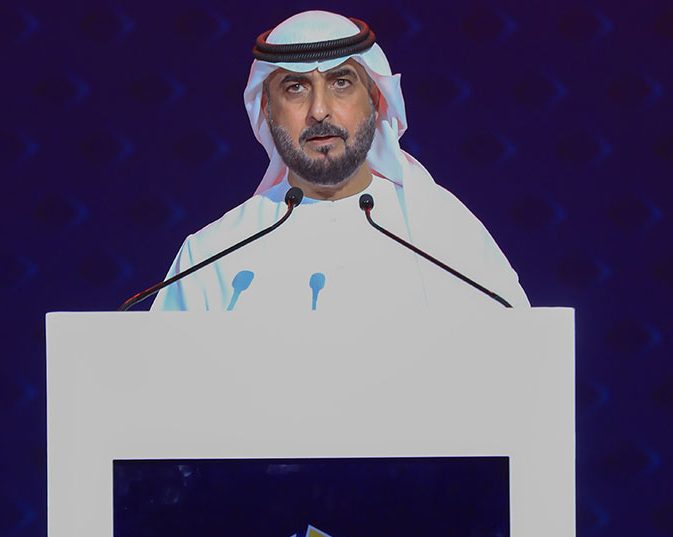
Additionally, the cost-to-income ratio improved significantly to 40.1% due to cost discipline measures. The balance sheet remains strong with a loans-to-deposits ratio of 86.63%, indicating comfortable liquidity. The Bank also maintains strong capitalization, with a regulatory capital adequacy ratio exceeding 15% and Tier 1 and CET1 capital ratios around 14%. These positive results underscore the Bank’s underlying strength, operational efficiency, prudent risk management, and ongoing enhancement of shareholder value.
Commenting on the Bank’s results, Sheikh Mohammed bin Saud Al Qasimi, Chairman of Bank of Sharjah, stated: “We are pleased with our outstanding performance in the first half of 2024, which reflects our commitment to adding value to our customers, supporting our communities, and rewarding our shareholders. Despite the challenging geopolitical situation in the region, the UAE economy has remained resilient and continues to register healthy growth following various economic diversification initiatives that provide consistent impetus for trade, investment, and wealth creation. Bank of Sharjah has entered a new chapter with a new leadership team, focused on building new business streams, expanding our reach across the UAE and the region, and delivering exceptional service to our customers.”
He added: “Our performance in the first half of the year demonstrates the effectiveness of our new strategy, and we look forward to delivering continued growth in the years to come.”
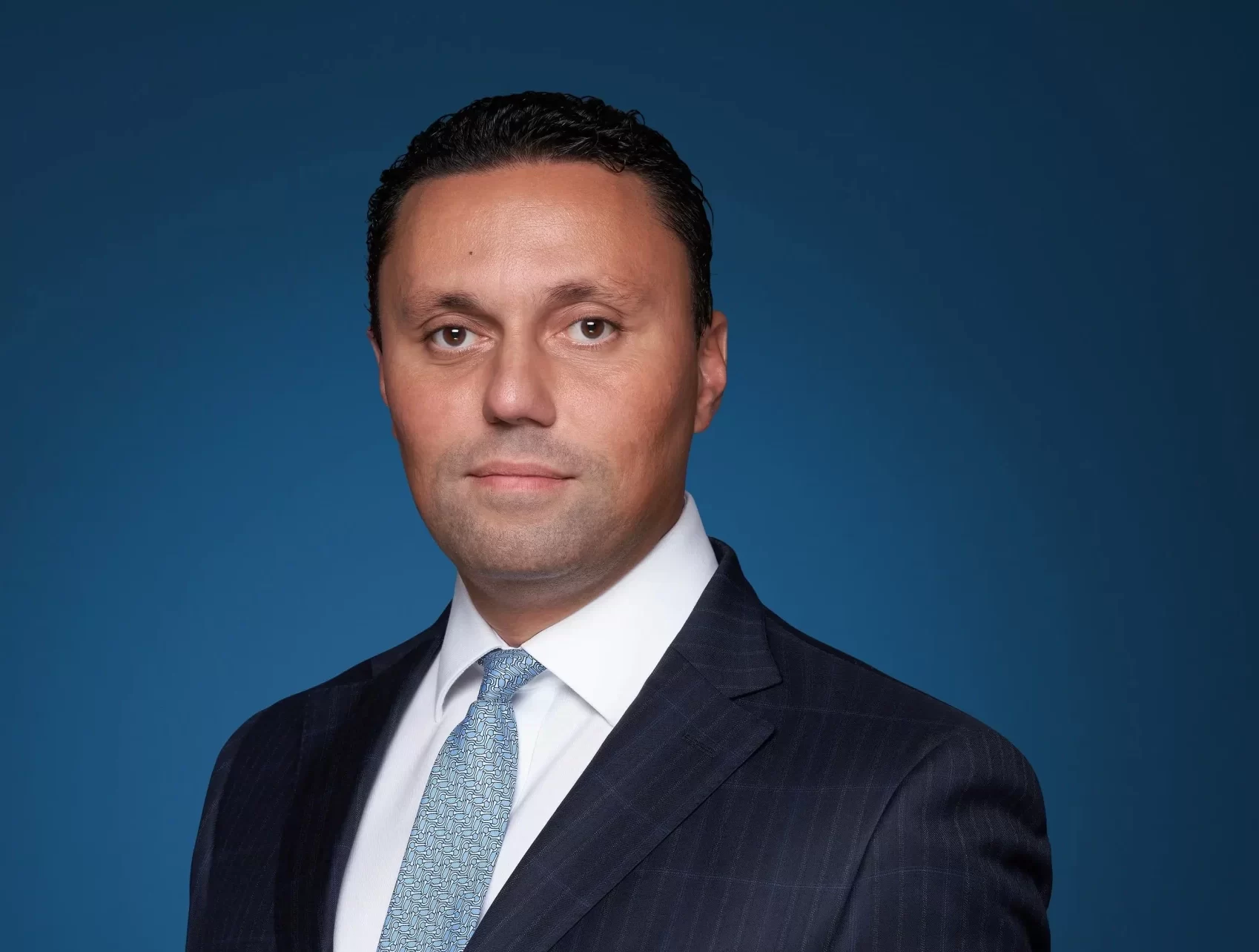
The CEO, Mr. Mohamed Khadiri, commented “2024 has begun exceptionally well for Bank of Sharjah, with the bank achieving a record year-on-year profit. I am delighted with our stellar performance as we continue to strengthen the bank’s fundamentals. Our outstanding results reaffirm that our new business strategy is on track to deliver sustainable revenue growth, driven by business expansion, operational efficiency, prudent risk management, and talent development. This achievement is also a testament to the Bank’s success in providing high-quality financial services that meet the aspirations and growing needs of our customers.”
He further added: “Bank of Sharjah is a strong and respected brand within the local community. We are leveraging our core strengths to build a platform that will operate at its full potential across the UAE and the region. The Bank remains focused on executing our strategy and is well-positioned to maintain strong performance throughout 2024 and beyond.”
Chris Dixon, a partner who led the charge, says he has a ‘very long-term horizon’
Americans now think they need at least $1.25 million for retirement, a 20% increase from a year ago, according to a survey by Northwestern Mutual









